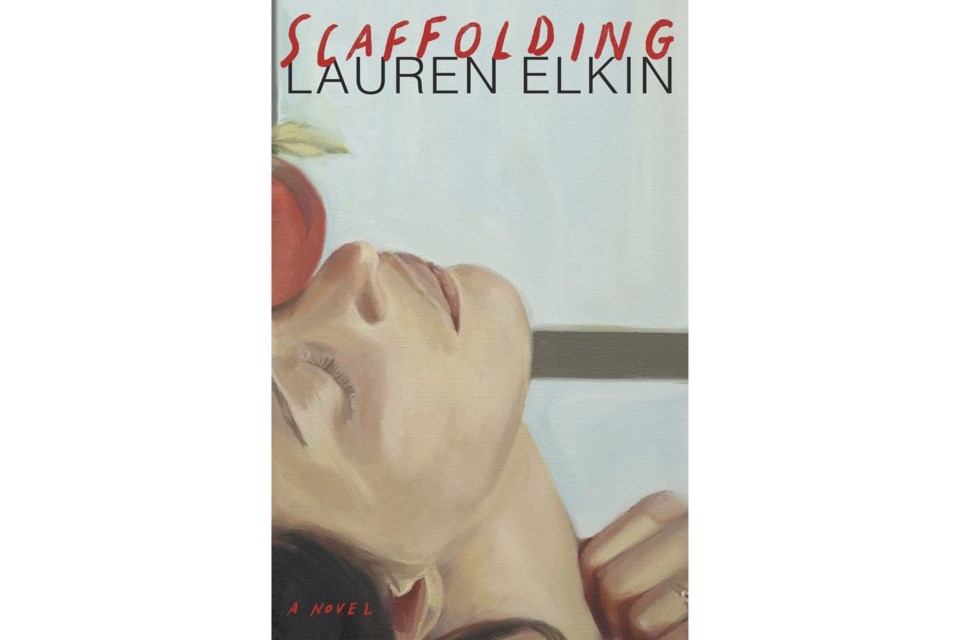If you’re a Francophile with an interest in psychoanalysis, Lauren Elkin’s smart and steamy debut novel, “Scaffolding,” may be for you.
Even if you’re just a reader looking for an intriguing story of desire and love among a bright corps of professionals in France, Elkin’s book can be a beguiling puzzle — and a deep intellectual dive.
It features a swinging polyamorous cast, but the erudite Elkin — a Franco-American translator, author and essayist on arts and culture — writes with serious intent.
Set in contemporary Paris, the historic sites and charms of the city provide a backdrop for the narrative, mostly told by Anna, a 39-year-old psychoanalyst. She has had a miscarriage and fallen into depression. Taking leave from work, she finds her own psychiatrist of little help. Her husband, David, a lawyer, is away in London, busy with a long Brexit case.
Enter Clementine. She’s bright, animated, with a young art model’s physique and a zeal for feminist causes. She’s moved into a nearby apartment with her boyfriend, Jonathan, also a lawyer with a heavy workload. She has time to share with Anna.
There are baguettes from a local bakery, much wine and deep, tedious conversations amid cigarette smoke. Over time the melancholy Anna and her bubbly new friend reveal much about themselves and past intimacies.
As their lives become entwined, Anna is besieged by relentless noises of refacing work at her apartment building. Soon scaffolding is raised outside her windows and an invasive cracking and scraping of the blackened outer building crust begins. Meanwhile, inside their apartment, Anna and David finally begin renovating the old, dismal kitchen, expanding and brightening the space with removal of a wall.
The incessant grinding sounds of wrecking and reconstruction reflect the transitioning of the apartment space, but they also serve figuratively as the arc of Anna’s life moves through those rooms.
The novel is often written in spurts of short pages, thoughts and recollections akin to jottings in a journal. Elsewhere the story turns on a century or more of psychoanalytic concepts, mostly from Sigmund Freud to Jacques Lacan.
Many Americans will at least have heard of Freud. But many more will not be familiar at all with Lacan. A Parisian who died in 1981, Lacan interpreted Freud while creating daunting new theories in the field. In “Scaffolding,” Anna wrestles with these dense Lacanian thoughts, and the novel, in a way, hinges on the deeds and misdeeds of his avid followers.
The story is told in three sections. The first and last are set in Anna’s modern Paris, where Clementine and feminist allies furtively post protest signs at night, decrying male abuse and violence against women. The middle section of the book is set decades earlier, in mid-20th century France, when Lacan was alive and viewed as a maestro by his acolytes. The focus here is on the desires and torments of two new characters: Florence, a Lacan follower who wants to have a baby, and her husband, Henry, a paralegal who doesn’t.
The changing of time periods and narrators makes the story resemble a where-does-this-fit puzzle, at times a challenge. But piecing it together in the end is part of what makes “Scaffolding” a pleasure overall — maybe even therapeutic.
___
AP book reviews: https://apnews.com/hub/book-reviews
Kendal Weaver, The Associated Press



